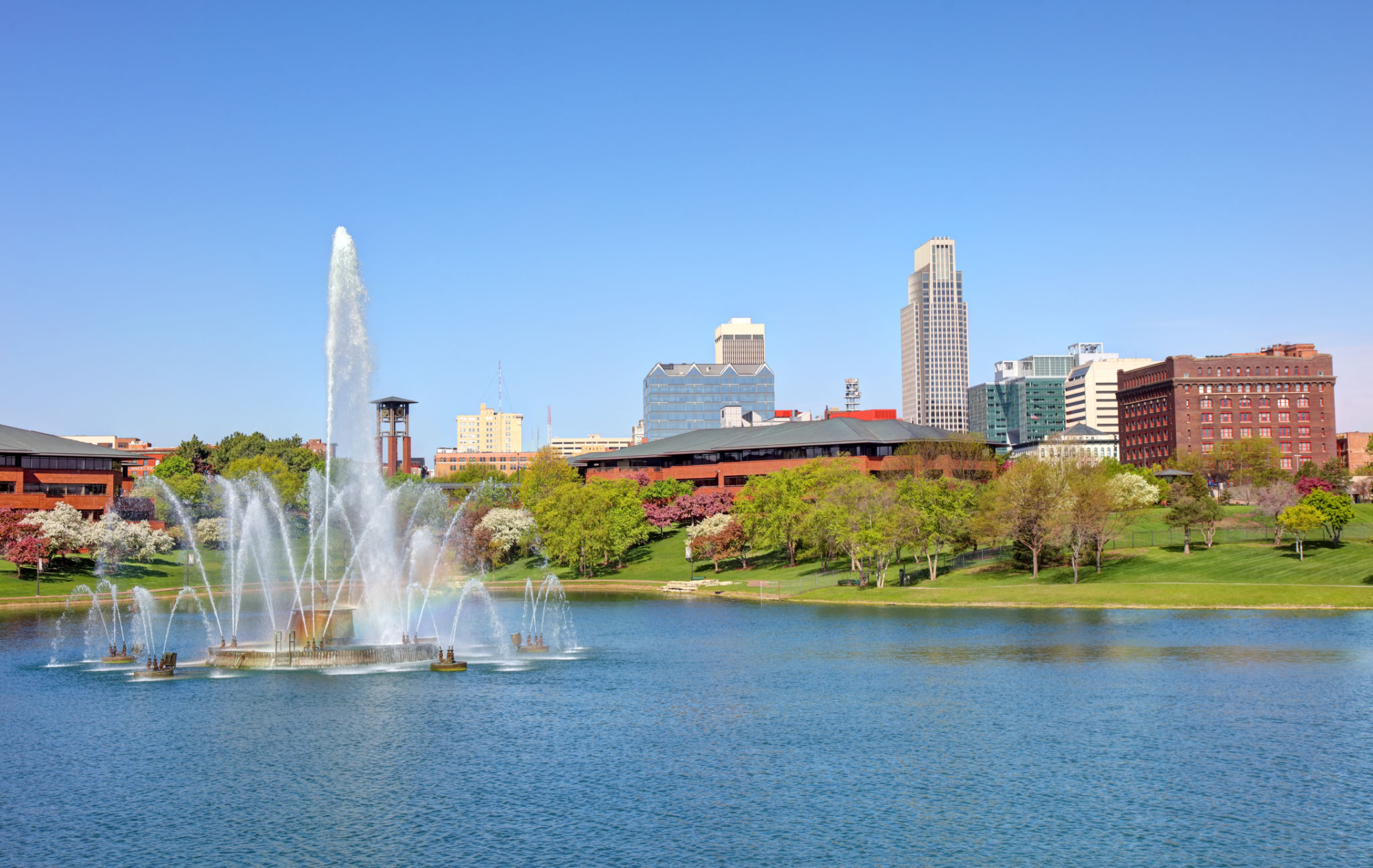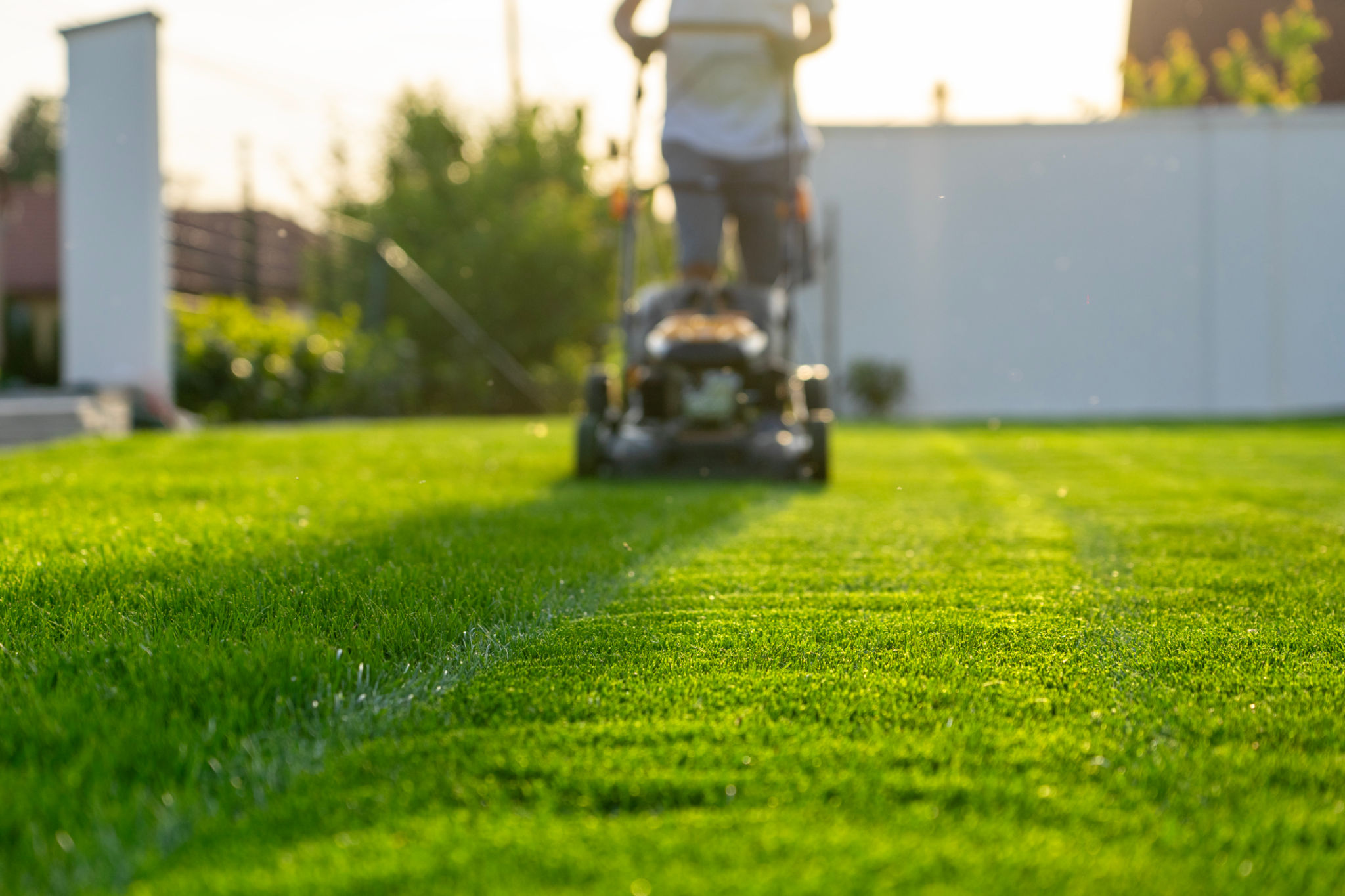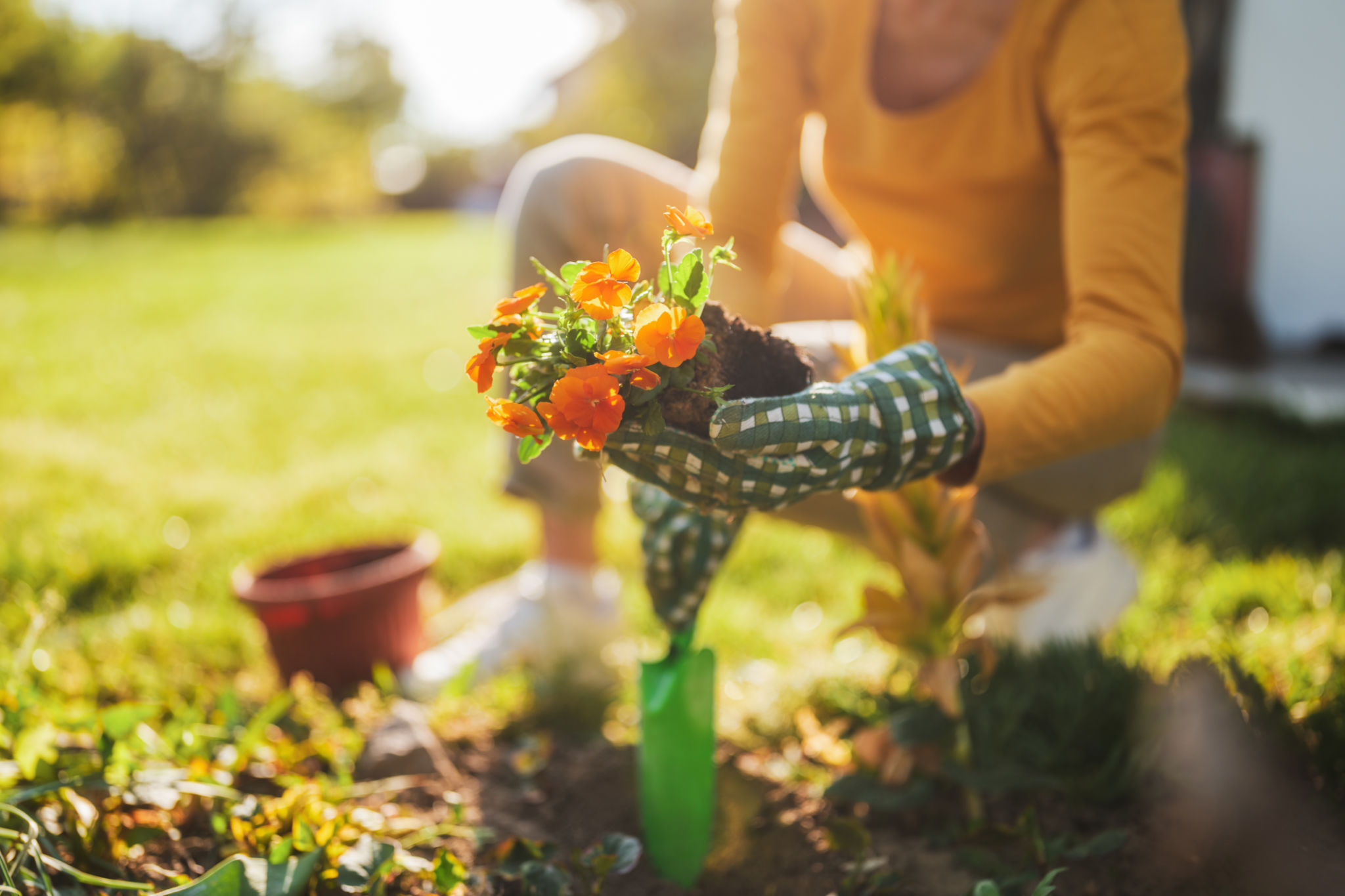Preparing Your Land for Spring: Essential Tips for Omaha Residents
Understanding Omaha's Climate
Spring in Omaha is a time of rejuvenation and growth, but it also comes with its own set of challenges due to the unique climate. The city experiences a transitional weather pattern, with temperatures gradually rising and increased precipitation. Being prepared for these changes is essential for any landowner looking to optimize their outdoor space.

Soil Preparation
One of the first steps in preparing your land for spring is to focus on soil health. Healthy soil is the foundation of a thriving garden or lawn. Start by testing the pH level of your soil. This will help you determine whether you need to amend your soil with lime or sulfur to achieve the ideal pH level, which is typically between 6.0 and 7.0 for most plants.
Once you've adjusted the pH, it's time to add organic matter. Compost, aged manure, or leaf mold are excellent choices that will enrich the soil with nutrients and improve its structure. Be sure to till the organic matter into the soil at a depth of about 6 to 8 inches.
Lawn Care Essentials
A lush, green lawn is often a priority for Omaha residents as spring arrives. To achieve this, begin by raking your lawn to remove any debris or dead grass that has accumulated over the winter months. This will also help prevent thatch build-up and promote better air circulation.

Next, consider aerating your lawn. Aeration involves perforating the soil with small holes to allow air, water, and nutrients to penetrate down to the roots. This process is particularly beneficial for compacted soils and will encourage stronger root growth.
Planting and Landscaping
Spring is an ideal time to plant new trees, shrubs, and perennials in your landscape. When selecting plants, consider native species that are well-suited to Omaha's climate, as they will require less maintenance and be more resilient against local pests and diseases.
When planting, ensure that each plant has enough space to grow and receives adequate sunlight based on its needs. Mulching around plants will help retain moisture, suppress weeds, and regulate soil temperature.

Irrigation Tips
As temperatures rise, efficient irrigation becomes crucial. Inspect your irrigation system for any leaks or damage that may have occurred over the winter. Adjust your watering schedule to meet the needs of your plants, taking into account rainfall and soil moisture levels.
For residents without an irrigation system, consider using soaker hoses or drip irrigation. These methods are not only water-efficient but also deliver moisture directly to the plant roots where it's needed most.
Pest and Weed Management
Spring also marks the return of pests and weeds that can threaten your garden's vitality. Implement an integrated pest management approach by encouraging beneficial insects like ladybugs and lacewings, which naturally control pest populations.
For weeds, mulching is an effective preventive measure. Additionally, regular hand-pulling or hoeing can keep weeds at bay without resorting to chemical herbicides.
Conclusion
By taking proactive steps to prepare your land for spring, Omaha residents can ensure a vibrant and productive growing season. From soil preparation to pest management, each task plays a vital role in creating a healthy outdoor environment.
Embrace these essential tips and enjoy the beauty of a flourishing landscape as warmer weather approaches!
